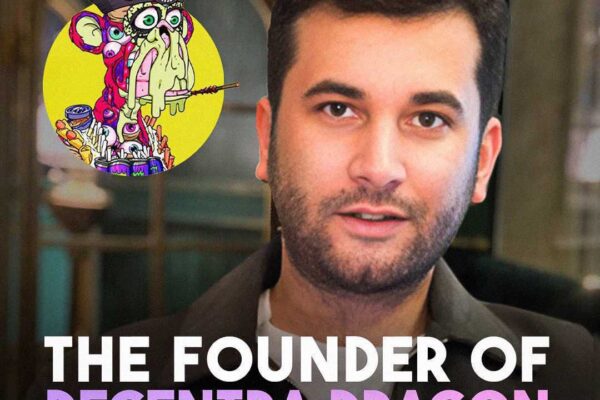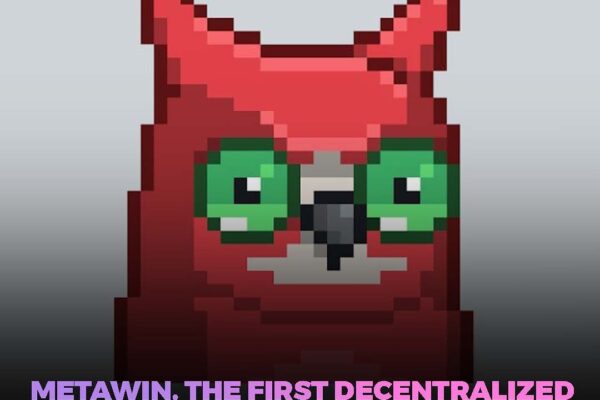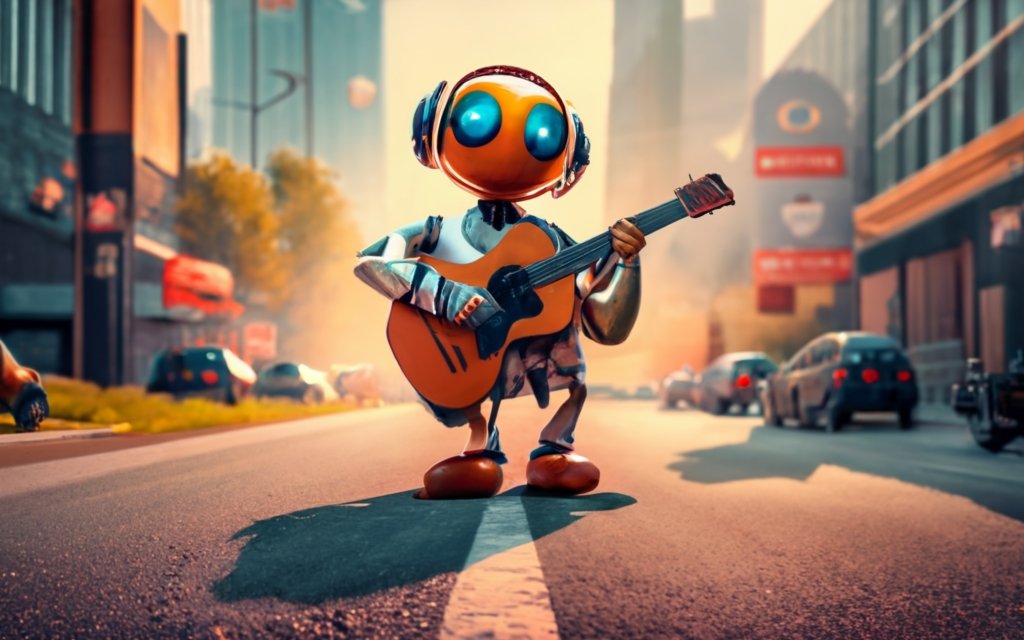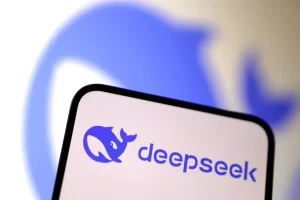The advent of AI-generated music has sent shockwaves through the traditional music industry. While new platforms fully embrace artificial intelligence as an efficient tool, long-standing labels, artists and institutions grapple with its disruptive implications.
As AI proliferation in music accelerates, tensions simmer between legacy players aiming to restrict its reach versus newcomers touting its creative and economic boons. The path forward remains clouded by legal uncertainties, but the transformative impact of synthetic music seems inevitable.
Major Industry Players on Guard Against AI
Over the past year, dominant voices in the music business have grown increasingly wary of AI.
Labels like Universal Music Group prodded streaming services to crack down on AI tracks potentially infringing on copyrights. Platforms including Spotify obliged, removing AI songs violating policies.
The Recording Academy, overseers of the Grammy Awards, preemptively barred an AI track from eligibility for a nomination this year. Other institutions established limitations around AI music’s participation.
According to Can Ansay, founder of AI music platform Musixy, these defensive maneuvers reflect the industry’s fear of revenue declines from emerging technology. Incumbents aim to resist disruption to existing business models.
New AI Music Companies Embrace Generative Possibilities
As legacy music companies erect barriers against synthetic tracks, a crop of new startups catering specifically to AI music has emerged.
Platforms like Musixy, focused entirely on AI-generated songs, present themselves as the “Spotify for AI.” They provide outlets for distribution and monetization as AI creators challenge conventions.
These disruptors view AI as revolutionizing efficiency in music production. They argue AI unlocks untapped creativity for producers while reducing costs.
By concentrating exclusively on AI music, new companies bypass the limitations imposed by traditional industry structures. Their expansive stance on AI technology adds fuel to tensions with established players.

Vocal Likeness Sparks Thorny Legal Debates
Much contention revolves around vocal likeness—AI models trained to mimic signature singing voices like those of popular artists.
Legacy institutions argue reproducing distinctive vocal styles without permission violates intellectual property protections. However, startups counter that vocal characteristics alone are not legally protectable. This unresolved gray area spurs clashes over AI songs like “Heart on My Sleeve,” which used AI-rendered vocals of Drake and The Weeknd without approval.
How this debate evolves could significantly shape both the development and acceptance of AI music. More clarity around rights and permissions will be essential for the technology to properly thrive.
Pushing for AI Recognition in Awards and Honors
As synthetic music gains traction, new questions around its eligibility for mainstream music honors have emerged.
Platforms like Musixy advocate for Grammy consideration of exemplary AI tracks. However, the Recording Academy maintains resistance over likeness issues. Some suggest that establishing specific AI categories could be a compromise. However, segregating synthetic music from traditional works raises concerns about implicit bias against the technology.
There are persuasive arguments on both sides, and a clear solution has yet to emerge. How AI music gets evaluated and celebrated through awards could depend heavily on how generative technology evolves.
What Future Lies Ahead for AI and Music?
The advent of high-quality AI music has signaled a reckoning for the established music business. While creative possibilities have expanded, tensions over disruption run high.
The ultimate impact of AI on the industry remains unclear. But its transformative power seems undeniable, suggesting productive integration will require flexibility and openness to change from both legacy and emerging players.
With careful navigation, AI music can usher in an exciting new era emphasizing tech-enabled creativity, efficiency, and expanded access. But for this potential to be fully realized, innovation must be met with measured optimism rather than fear.

This information is published by the NFT News media team.











